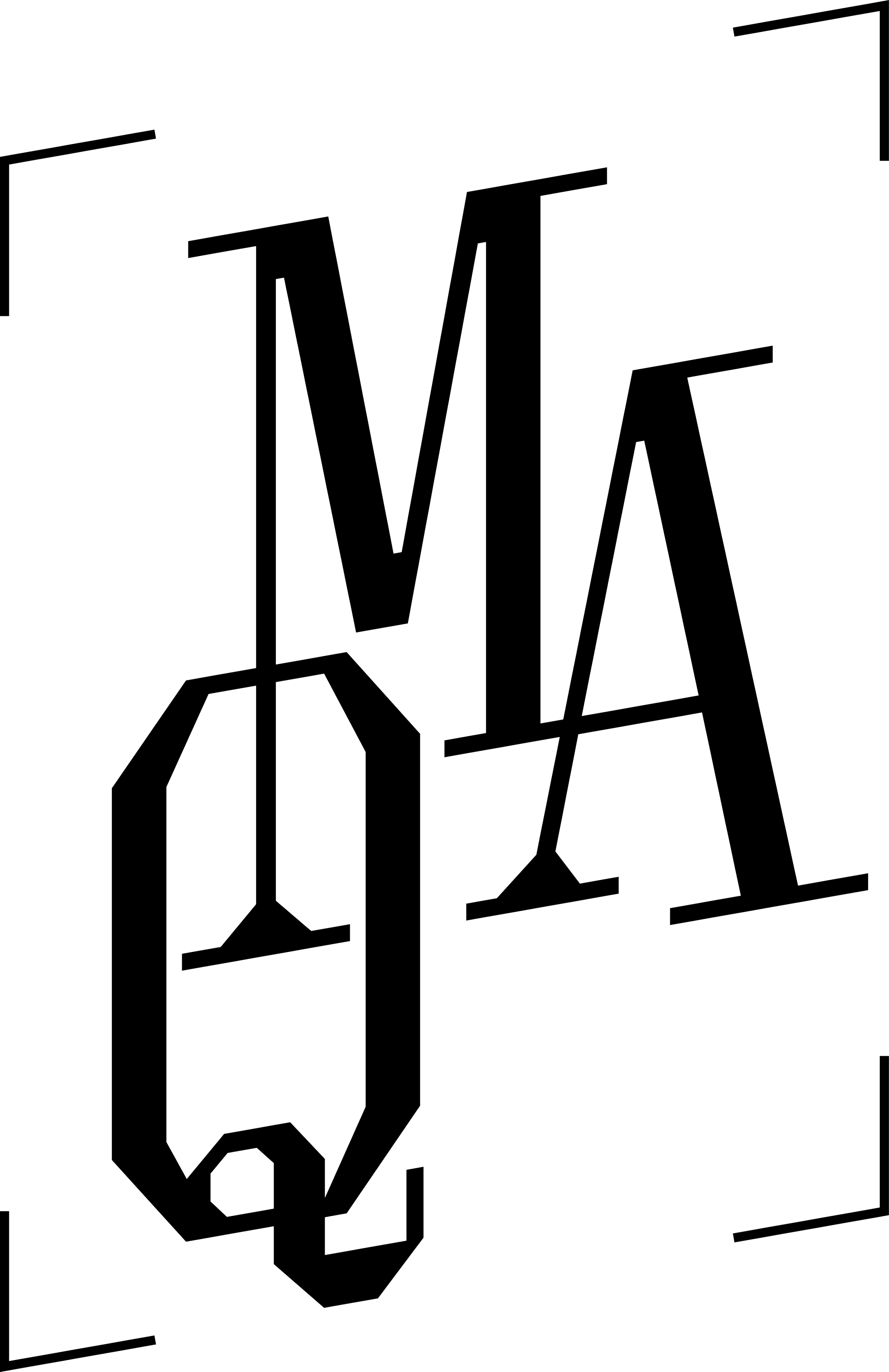Exhibition duration
June 4th-July 14th, 2024
Introduction to the artist's work:
Fri 14 June 2024, 5.30 pm
To prevent theft or unintentional loss of new goods, items of clothing are often protected with a merchandise security device - the clutch tag. This measure not only gives the products the appearance of value, but also arouses a certain enthusiasm for these presumably precious and exclusive items - a kind of hope for something special. The exhibition by artist Valenca Vaz, who is part of the QMA Artist Collective 2024, explores places of consumption that are often considered sacred. A number of broken shopping fuses are on display in the Vitrina, the exhibition space in the Brunnenpassage. They form a playful pattern - a kind of relic of our time.
Consumer aesthetics are juxtaposed with the environment. Like a pizza box, for example, which promises a view of the sky. The artist uses this motif as a self-portrait; a kind of migratory object that wanders from place to place, always carrying something with it and trying to keep it warm at the same time.
The exhibition by Francisco Valenca Vaz is presented by Brunnenpassage in cooperation with QMA as part of the QMA Artist Collective 2024 programme.
About the artist
Francisco Valença Vaz. 1996* Recife, Brazil. Since 2022 is part of the Master in Critical Studies program at the Academy of Fine Arts Vienna. From 2016 to 2021, studied a Master’s degree and Diploma in Fine Arts at the University of the Arts Bremen. Valença Vaz’s artistic language focuses at the intersections between the human body and its dematerialization related to its own daily productions, works and choices. Using an interdisciplinary approach to investigate narratives and images, his works explore post-human conditions within the realm of commercial aesthetics. Contrasted with the banality of everyday objects, artworks are transformed into relics aiming to be believed and hoped. His migration biographical influences his objects, normally related to transport and movement, as materials like Styrofoam, Thermoplastic, Polyester and other unnatural ones, industrially fabricated and produced. In this desperate environment, the works may question what remains from modernity in a world that can only smell like gum benzoin and freshly unfolded iphones.

